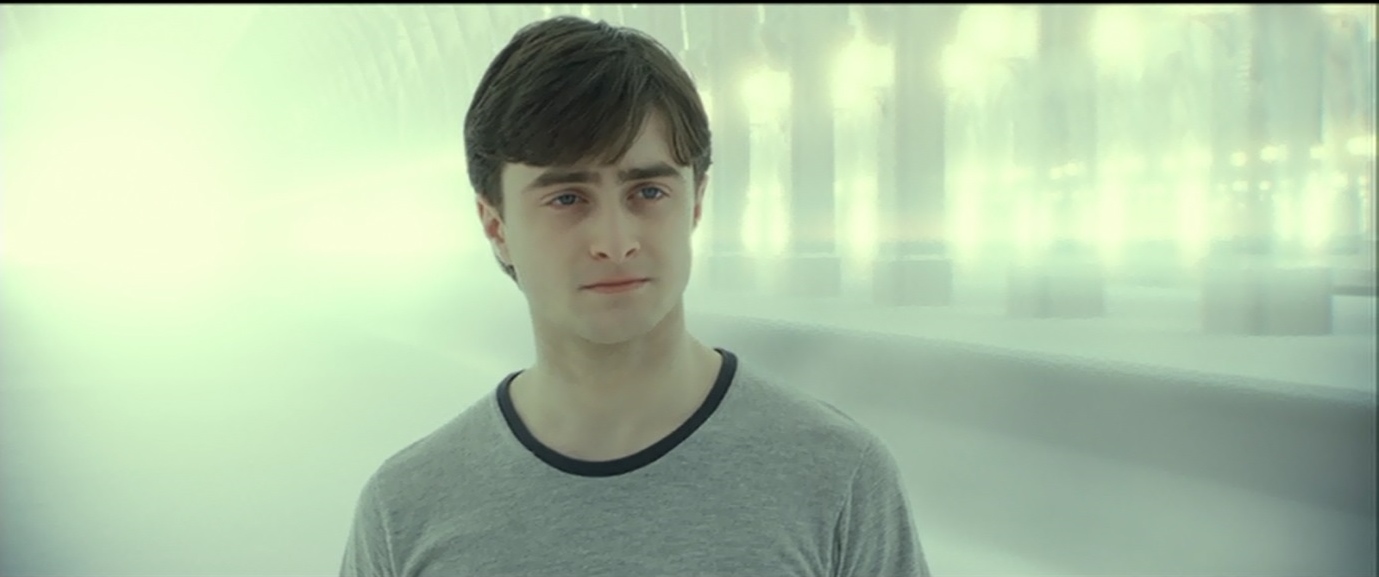Lighting
When it comes to
lighting, the smallest detail can change how the audience interpret the media
text. As a result, lighting is set into the 3 major categories that define how
the lighting is and what effect this has on the reader:
 -
Low key Lighting:
is created by using only back lights, it is usually used to hide parts of the
scene that may give spoilers to what’s about to occur - as a result, this type
of lighting is usually used to raise tension in films. However, it can also be used to
-
Low key Lighting:
is created by using only back lights, it is usually used to hide parts of the
scene that may give spoilers to what’s about to occur - as a result, this type
of lighting is usually used to raise tension in films. However, it can also be used to -
High Key Lighting:
uses filler lights to create a brighter scene, it’s often used in the between
tense scenes, this type of lighting is quite calming and therefore lowers
tension, in order to raise it again in later scenes. Furthermore, a lack of vision in the background, creates a sense of mystery and further.
-
High Key Lighting:
uses filler lights to create a brighter scene, it’s often used in the between
tense scenes, this type of lighting is quite calming and therefore lowers
tension, in order to raise it again in later scenes. Furthermore, a lack of vision in the background, creates a sense of mystery and further.- Contrast: is the balance of light and dark, and can be created by the use, or lack of, high-key lighting and low-key lighting, it is often used to add atmosphere and can (on occasion) conceal elements of a scene for them to be later revealed (in this sense, contrast is similar to low-key lighting). as seen in the image, there is a bright bat emblem, above a dark figure (which we know to Batman) which draws attention to the Batman.
Also, here's a little extra, something I found about lighting, and how it works
No comments:
Post a Comment